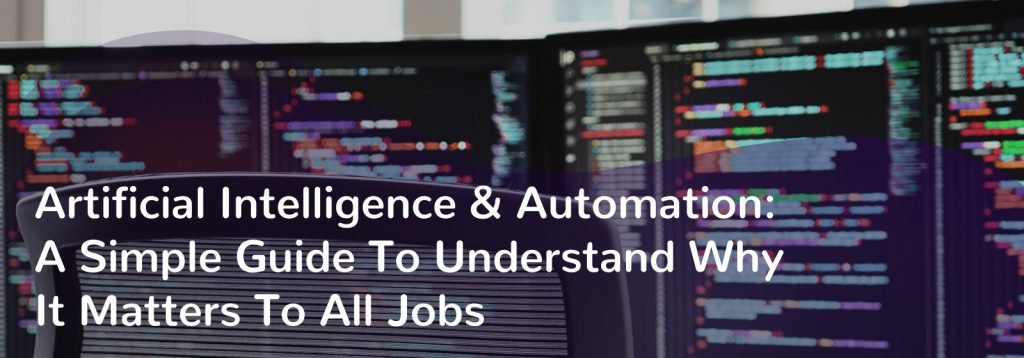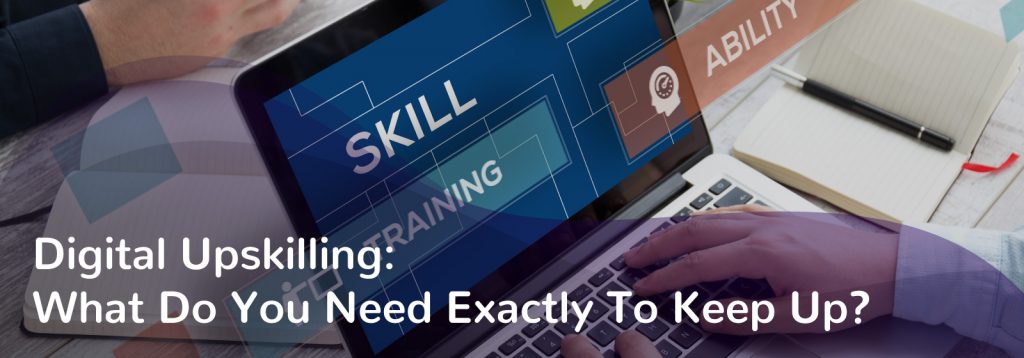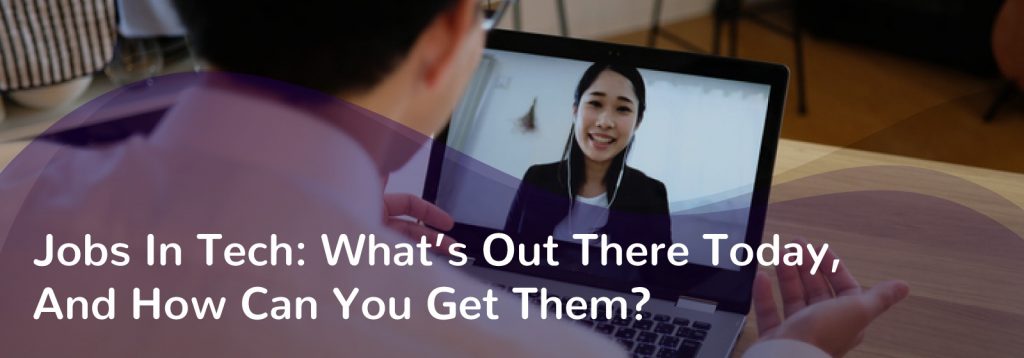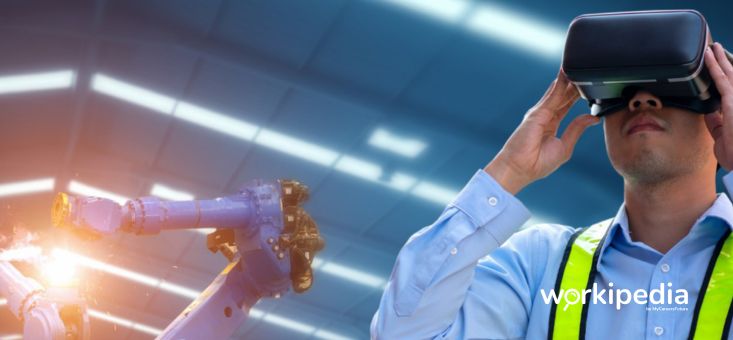Let’s face it, we’ve gone way past any arguing that digitalisation is necessary for all Singaporean workers and jobseekers, especially those that want an edge in a competitive career environment.
The question is exactly how to quantify the real-world benefits of the extra efforts in embracing new digital tools and learnings for the average Singaporean.
A recent study by locally-headquartered consumer technology company Sea had a pretty good answer, with findings that showed that those that were more digitally savvy, and who had greater levels of digitalisation in their day-to-day responsibilities, reported lower levels of income decline.
One in 10 who took part were employers and business owners, and it was interesting to take note that 24% of them with an online presence saw an increase in savings, and 28% an increase in income in the same period, with these numbers consistent across industries.
AI and automation: What it means for your job and industry
While it’s clear employers have begun reaping the benefits of digitalisation, a deeper dive into the tech, particularly into the fields of artificial intelligence (AI) and automation, reveals it’s still a question mark on whether they will ultimately be job killers or creators.
However, the Singapore government is taking a proactive stance, and looking into job upskilling and transition for the many bus drivers, machinists and cashiers, whose skills could be sidelined.
A recent report on Singapore’s Industry 4.0 initiative shows plans to train bus drivers, who are skilled at navigation, to become drone pilots, and machinists could be reskilled to repair medical equipment or wind turbine engineers.
This need to upskill and evolve digitally goes beyond blue-collar workers, according to Professor Jochen Wirtz, vice-dean for MBA Programmes at NUS Business School.
Wirtz said to MyCareersFuture: “The democratisation of intelligent automation has made these technologies accessible to the broader workforce.
“I believe that in five years, if an employee or jobseeker doesn’t know low-coding or any coding platforms at all, they will be regarded as lesser-skilled, in the same way those that aren’t good at Microsoft Office, Excel, Powerpoint or Word are considered.”
“Ultimately, these skills will become expected for most but the lowest-level professional, managerial, executive, and technical (PMET) workers.”
Wirtz foresees that even low-level jobs in call centres, or back-office paperwork will end up being made obsolete by end-to-end (E2E) automation, saying: “You can see many e-government services and even the local bank DBS doing this already.”
This could be the future for many information-based industries, such as finance, insurance, telecommunications, government and other service organisations, he added.
Even food and beverage and service industries with global solution providers will look to automate and digitalise hotel processes, kitchen processes, and customer services, and physically, service robots to perform real-world tasks.
Covid-19 accelerated the pace of digitalisation in Singapore
And these businesses are certainly not taking their time to make the necessary advancements. A survey conducted by technology company Microsoft and market research firm IDC Asia Pacific showed three-quarters of Singaporean companies are accelerating their pace of digitalisation, due to the Covid-19 pandemic!
Microsoft Singapore’s managing director Kevin Wo said to the Straits Times: “(Local) organisations had to switch to digital as the pandemic provided a strong impetus for them to act immediately, so whatever barriers they had previously had to be removed.
“Pre-Covid, organisations in Singapore always had digital on their agenda but their approach to innovation was more of an evolved journey — experimenting and adjusting along the way.
“With the pandemic and the economic crisis it has brought, all of us are experiencing new challenges and changes at a speed and scale that we’ve not had to address before.”
The plus is these companies will have to invest in their workers (that’s us!) in order to move forward themselves.
Wo added: “The reality is that technology on its own will not make a difference — it is people who will allow organisations to innovate and transform.
“Companies must not only invest in technology but also invest in human capital so as to cultivate a workplace culture that encourages innovation and embraces digitalisation.”
The fact is, Singapore companies and our local workforce have to work hand-in-hand in order to make the transition to digitalisation fruitful for all parties.
WATCH: Looking to pickup new digital skills? Here’s how to make the learning curve easier!
Focus on the future, and what work is going to become
Ultimately, what most people fear about digitalisation that’s being accelerated by progress in both the automation and AI fields, is its impact on the workforce, and to be fair, we should be concerned.
According to McKinsey Global Institute (MGI), between 400 to 800 million jobs could be lost by 2030.
But take heart, the technology may destroy jobs, but not work. MGI also reports that only 5% of current occupations will be automated, and what will simply happen is many existing job roles will be redefined. So the challenge is to prepare ourselves for what new jobs will be created in the coming years and decades ahead!
To that end, we’ve put together this guide on digitalisation for the Singaporean worker — from understanding the impact of AI and automation on our jobs to digital networking and job hunting — there’s something for every local looking to upgrade their digital skillsets here!

Understanding Automation and AI: What Singaporean Workers and Employers Need to Know
PM Lee: Singapore’s Economy is Changing Gears Towards Digitalisation — It’s Time You Do Too!
Future of Work: What it Means and How to Prepare for it

Future of Work: How to Keep Up With Digital Transformation
Top 5 Digital Skills You’ll Need in 2022
Upskilling Digitally: What Certifications And Courses Matter In Singapore
Evolving Jobs and Skills: Attributes of the Future Workforce
Here Are the Top Tech Skills You Need for Your Resume

What Works, What Won’t: Everything You Need to Know for Recorded Interviews
10 Emerging Job Roles That Will Surge in Singapore
5 Technology Recruitment Trends in Singapore in 2021
How Do I Create An Online Portfolio For My Next Interview?
Online Job Applications: Tips To Optimise Your Resume And Stand Out
Getting a Digital Role: How to Market Yourself Effectively to Employers

Journeys of Resilient Companies: Flo-Line Hydraulics Powers its Way into the Region
Journeys of Resilient Companies: DNA of The Soup Spoon in Going Global
Journeys of Resilient Companies: Eurasia Global Food Takes Off Against the Wind
Journeys of Resilient Companies: Avenir Logistics Solutions Go From Bulk to High Value














